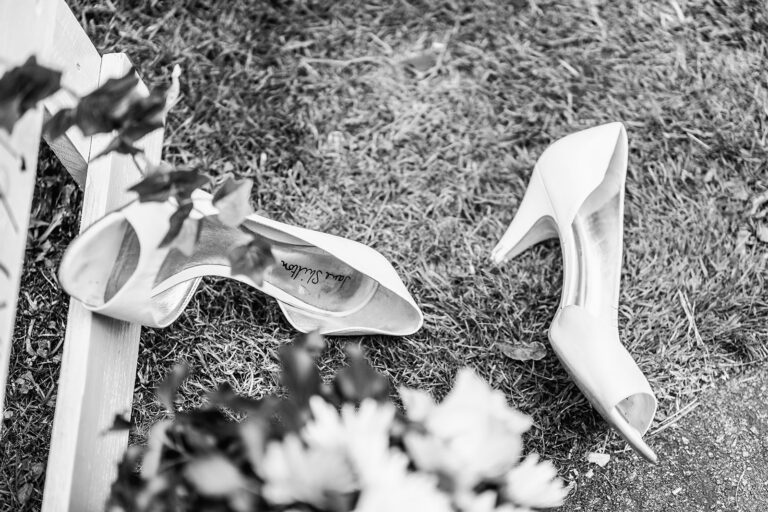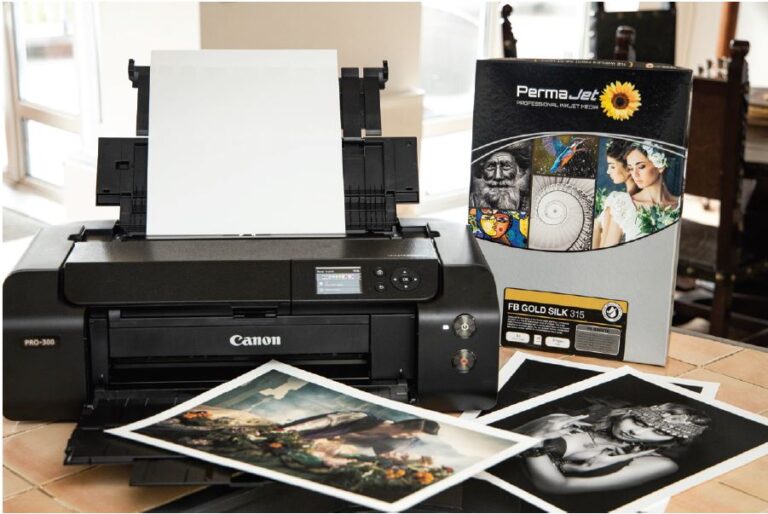In 2025, the timeline for relationships looks very different from past decades. With changing societal norms, evolving priorities, and the rise of technology-driven dating, couples are taking varying lengths of time before deciding to get engaged. While some fast-track their way to marriage within a year, others spend many years dating before making a lifelong commitment. So, how long are couples actually dating before getting engaged in 2025?
Gone are the days when engagement timelines followed a strict formula. Factors like career ambitions, financial stability, personal growth, and even how couples met play a significant role in determining when they’re ready to take the next step. In this article, we’ll dive into recent statistics, current trends, and personal insights into modern engagement timelines.
The Average Engagement Timeline in 2025
Recent studies suggest that the average couple in 2025 dates for 2-3 years before getting engaged. This figure is in line with trends from previous years but reflects notable differences based on demographic factors. Here’s a closer look at engagement timelines:
- Couples in their 20s: The average dating period before engagement is around 2.5-3 years. Younger couples often take more time to establish themselves before marriage, prioritizing education and career growth.
- Couples in their 30s: Many couples getting engaged in their 30s have been in relationships for 1.5-2.5 years. With more relationship experience and clearer life goals, they often move faster toward engagement.
- Couples over 40: Engagements happen within 1-2 years on average. Many couples in this age group have a clear idea of what they want and see no need for prolonged dating periods.
Interestingly, couples who meet through dating apps tend to move slightly faster, averaging around 1.5-2 years before getting engaged. This is likely because online daters often enter relationships with a clearer sense of long-term compatibility due to in-depth conversations before meeting.
The Changing Factors Behind Engagement Timelines
So why are engagement timelines shifting? Several cultural and societal factors are influencing how long couples date before getting engaged in 2025.
Career and Financial Stability
One of the biggest factors in delaying engagement is the desire for financial security. With the cost of living rising, many couples choose to wait until they feel financially comfortable before committing to marriage. Buying a home, paying off student loans, and securing stable jobs are top priorities before an engagement.
The Influence of Technology and Dating Apps
Dating apps have transformed the way people meet and date. Apps like Tinder, Bumble, and Hinge have led to faster compatibility assessments, making some couples feel ready for engagement sooner. At the same time, the abundance of choice has also led others to take longer, ensuring they’ve found the perfect match before committing.
Cohabitation Before Marriage
In 2025, living together before engagement is the norm. Studies indicate that over 80% of engaged couples have cohabitated before getting engaged, using this time to test compatibility and establish shared responsibilities. This trial period often lengthens dating timelines, as couples take time to evaluate their relationship in a real-world setting.
Cultural and Family Expectations
Cultural and familial influences still play a role in engagement timing. Some communities encourage shorter dating periods, while others see longer dating timelines as a sign of stability. The pressure to marry “on time” has decreased in many Western countries, but in certain cultures, engagement within 1-2 years is still the expectation.
The Rise of Later Marriages
People are getting married later in life, which also impacts engagement timelines. The average age of first marriage in 2025 is 30-32 years, a significant increase from past decades. With delayed marriage, couples tend to date for longer periods before engagement, ensuring they’re making the right decision.
Personal Insights: What Do Couples Say?
Beyond the numbers, personal stories give deeper insight into engagement trends. Here are some perspectives from couples who got engaged in 2025:
- Sarah & James (Engaged after 4 years of dating): “We wanted to make sure we had traveled together, lived together, and navigated life’s ups and downs before committing to marriage. No regrets about waiting.”
- Mark & Emily (Engaged after 1.5 years): “We met online, and from the first few months, we knew we were on the same page. We didn’t see a point in waiting once we had everything lined up.”
- David & Alex (Engaged after 3 years): “We were focused on careers first, but once we hit our late 20s, we felt ready to take the next step. The timing felt right, and that’s what mattered most.”
How to Know When You’re Ready for Engagement
While statistics provide a general guideline, there’s no “one-size-fits-all” answer to when a couple should get engaged. Here are key questions couples should ask before making the decision:
- Do we share the same life goals and values?
- Have we discussed financial expectations and future planning?
- Have we navigated challenges together and come out stronger?
- Are we both emotionally ready for a lifelong commitment?
If the answers are clear and aligned, the timing is likely right—regardless of how long you’ve been dating.
Conclusion
In 2025, the length of time couples date before getting engaged is influenced by a variety of factors, including career ambitions, financial stability, and cultural expectations. While the average engagement timeline is around 2-3 years, some couples move faster, while others take their time ensuring a solid foundation before marriage.
Ultimately, there’s no perfect timeline for engagement. The decision should be based on mutual readiness, shared values, and confidence in the relationship. Whether it takes one year or five, what matters most is that both partners feel secure and excited about their future together.
SEO Keywords
- How long do couples date before getting engaged?
- Engagement trends 2025
- Average time before engagement
- Dating before engagement statistics
- How to know when you’re ready for engagement
- Modern engagement timelines
- How long should you date before proposing?
- Marriage trends 2025
- Dating apps and engagement timelines
- When do most couples get engaged?





